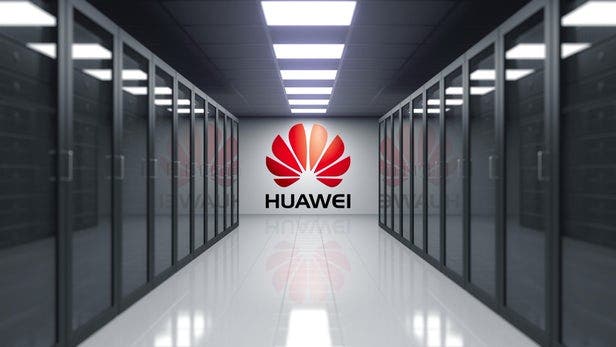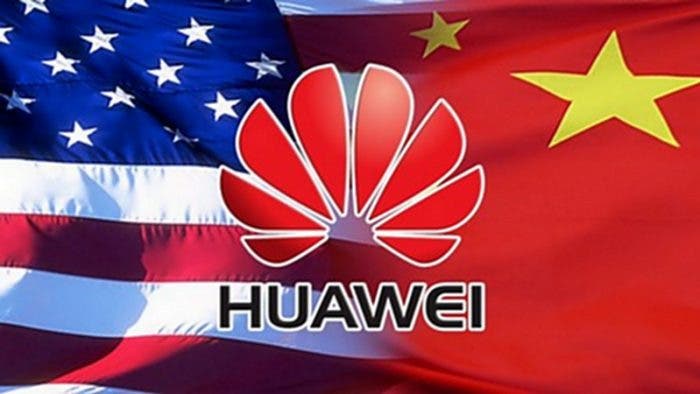Earlier today, there were widespread reports that “the United States does not recognize Huawei patents”. This created a lot of uproars online. However, after careful inspection and verification, it was found that things have not developed to such a serious extent. Apparently, the rumors emanated from Reuters report about Senator Marco Rubio. The Congressional Senator, Marco Rubio, proposed an amendment to prevent Huawei from passing damage through the US Patent Court. Huawei’s patents application in the US is over 3000.

According to this legislative amendment seen by Reuters, companies in the US government-specific watch list will not be allowed to comply with US patent-related legal remedies under the US legal framework. This includes the prohibition of patent infringement. If the amendment is finally approved by the US Congress, Huawei’s patents already applied for in the US will be invalidated. According to Fairview’s IFI Claims Patent Services, Huawei has applied for 3,195 patents in the United States from 2017 to 2019.
In view of this, Huawei’s patents are still valid in the US for now. For 5G, Huawei’s patent surpasses that of all US companies put together. The Chinese manufacturer has over 16,000 5G standard patents ranking first in the world and accounting for 20%. All companies in the United States account for less than 15% of 5G core patents. Lu Yong, vice president of Huawei Technologies Co., Ltd. said: “China believes that we have the largest 4G network in the world, and we have every reason to believe that China will also have the world’s largest 5G network.”





